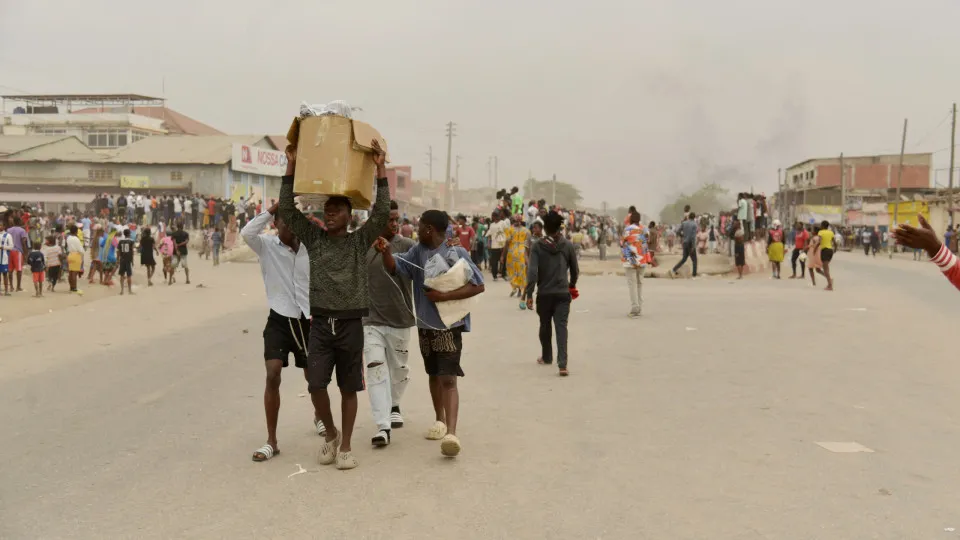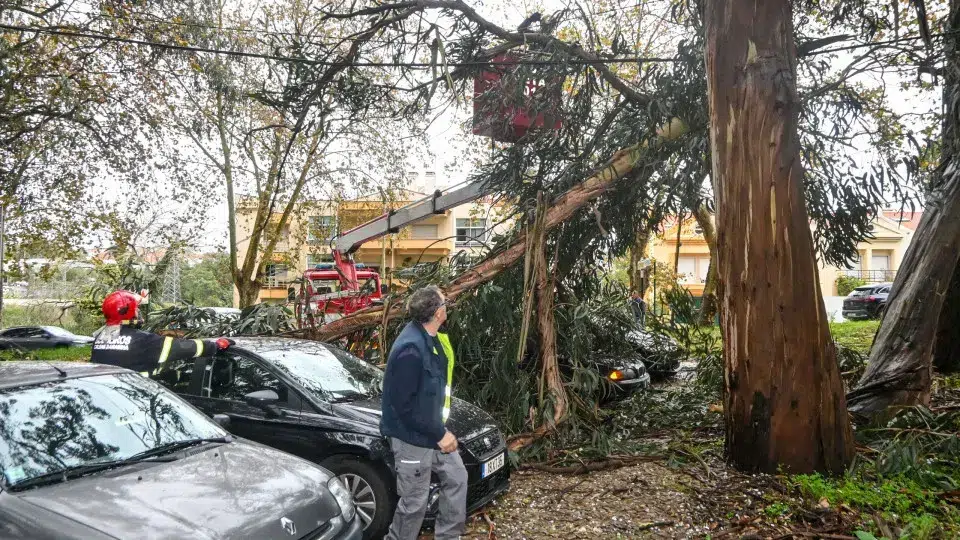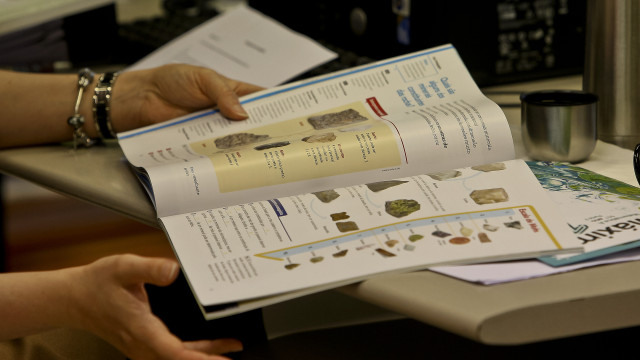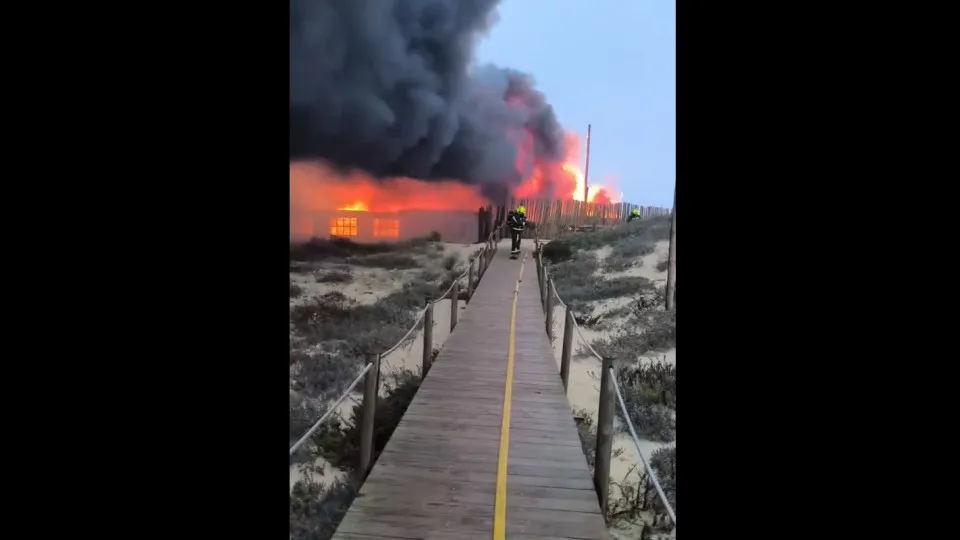
Sónia Neto, a former advisor for Africa in the European Commission’s Group of Reflection, highlighted the “art of negotiation by Portuguese diplomacy,” which remains a timeless reference, during discussions leading to an agreement. She noted that despite diverging opinions and political tendencies, opposing parties [the MPLA government and UNITA] sat at the negotiation table and believed in peace through dialogue.
In her book, Sónia Neto compiled testimonies from 22 participants in lengthy negotiations that first brought Angolan government representatives and the National Union for the Total Independence of Angola (UNITA) face-to-face, with Portugal mediating and the United States and the Soviet Union observing.
Twelve of these key figures will attend the book launch ceremony at the Ministry of Foreign Affairs, the same venue where Angolan President José Eduardo dos Santos and UNITA leader Jonas Savimbi signed agreements on May 31, 1991, under Portuguese Prime Minister Aníbal Cavaco Silva’s supervision. These agreements ended single-party rule and paved the way for Angola’s first free elections in September 1992.
Former Prime Minister Cavaco Silva will present the book, followed by a panel discussion on the Bicesse Accords with Durão Barroso—then Secretary of State for Foreign Affairs who led the negotiations—and Angolan generals António dos Santos França “Ndalu” and Peregrino Isidro Wambu Chindondo.
Despite only briefly pausing the long Angolan civil war, the Bicesse Accords still hold historical significance and remain foundational for today’s multiparty system and unified armed forces in Angola, noted Sónia Neto.
The book idea emerged from a dinner organized in Luanda during a 2012 official visit by European Commission President Durão Barroso, where the spirit of Bicesse was evident.
Sónia Neto emphasizes the shared sense of patriotism, accomplishment, and deep love for Angola in all testimonies, as well as the unifying feeling of Angolan identity present during negotiations.
The success of Bicesse also relied on shared human experiences, as delegations stayed at the same venue, the School of Hotel Management in Bicesse (Estoril), fostering friendships and recalling pre-war connections.
An international context conducive to agreements was effectively leveraged by Prime Minister Cavaco Silva and negotiator Durão Barroso, enabling the formulation of a successful strategy leading to elections.




